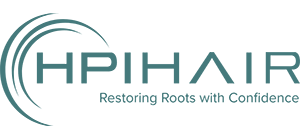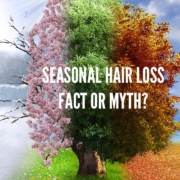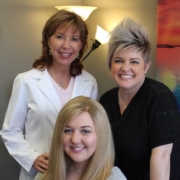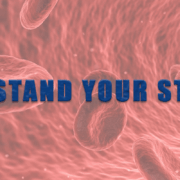Causes Of Hair Loss In Older Women in La Vergne, TN
Effective treatments for hair loss in women. Consult experts now.
Hair loss, also known as alopecia, can be a distressing experience for many women, particularly as they enter middle age and beyond. While it is a common occurrence, realizing the underlying causes and available treatment options is crucial for managing and addressing this issue. In this comprehensive guide, we will explore the various factors that contribute to hair loss in older women, empowering you with knowledge and resources to make informed decisions about your hair health.
Hormonal Changes and Imbalance
Hormonal changes play a significant role in hair health, especially for women as they age. Fluctuations in hormone levels, particularly during menopause, can lead to hair thinning and shedding. As estrogen levels decline, the hair growth cycle may be affected, resulting in reduced hair density and overall volume. Additionally, the increased presence of androgens, such as dihydrotestosterone (DHT), can contribute to hair follicle miniaturization and eventual hair loss.
Nutritional Deficiencies
Adequate nutrition is vital for maintaining healthy hair, and deficiencies in key nutrients can contribute to hair loss in older women. Iron deficiency, commonly experienced by postmenopausal women, can lead to a condition called telogen effluvium, characterized by excessive shedding. Similarly, inadequate intake of essential vitamins and minerals, such as vitamin D, vitamin E, and biotin, can impact the strength and resilience of hair strands, leading to increased breakage and thinning.
Medical Conditions and Underlying Health Issues
Certain medical conditions and underlying health issues can manifest as hair loss in older women. Conditions such as thyroid disorders, autoimmune diseases, and alopecia areata can directly impact the hair growth cycle, resulting in noticeable thinning or bald patches. Additionally, chronic stress and its physiological effects on the body can contribute to hair shedding and reduced hair quality, making stress management an important aspect of maintaining optimal hair health.
Genetic Predisposition
Genetics also play a significant role in the likelihood of experiencing hair loss as women age. Female pattern hair loss, or androgenetic alopecia, can be inherited and is characterized by a gradual reduction in hair volume, particularly at the crown and frontal areas of the scalp. Understanding the genetic predisposition to hair loss can inform personalized treatment approaches and help manage expectations for hair restoration.
Environmental and Lifestyle Factors
External factors, such as exposure to pollution, harsh chemicals in hair products, and excessive heat styling, can contribute to hair damage and subsequent loss. Additionally, lifestyle choices, including smoking, excessive alcohol consumption, and poor sleep patterns, can impact overall health and indirectly affect hair quality and growth. Adopting healthy lifestyle practices and minimizing exposure to damaging elements can support efforts to preserve and promote hair health.
Last reflections
In addressing the causes of hair loss in older women, it is essential to consider a holistic approach that encompasses hormonal balance, nutrition, medical evaluations, genetic predisposition, and lifestyle modifications to support overall well-being. With a comprehensive realizing of the contributing factors, women can explore personalized treatment options, including topical solutions, oral medications, low-level laser therapy, and hair transplantation, to address their specific needs and restore confidence in their hair’s appearance and vitality.














